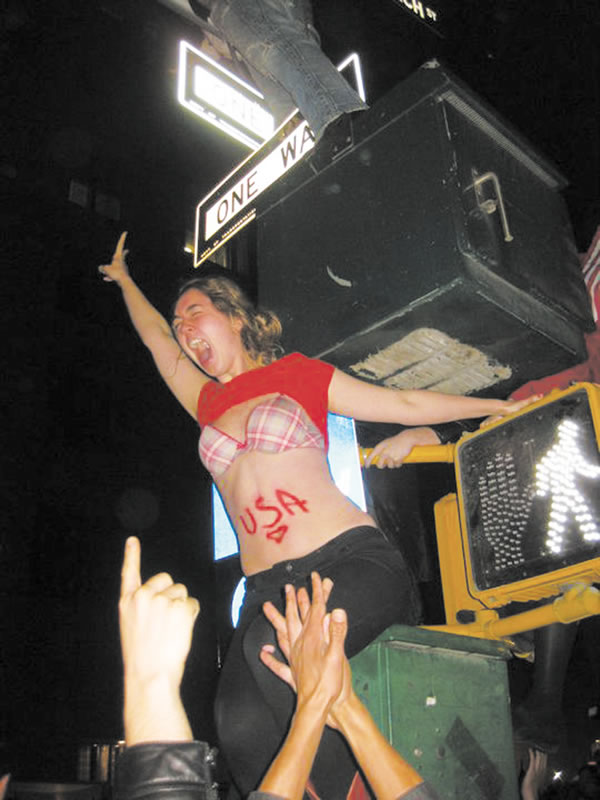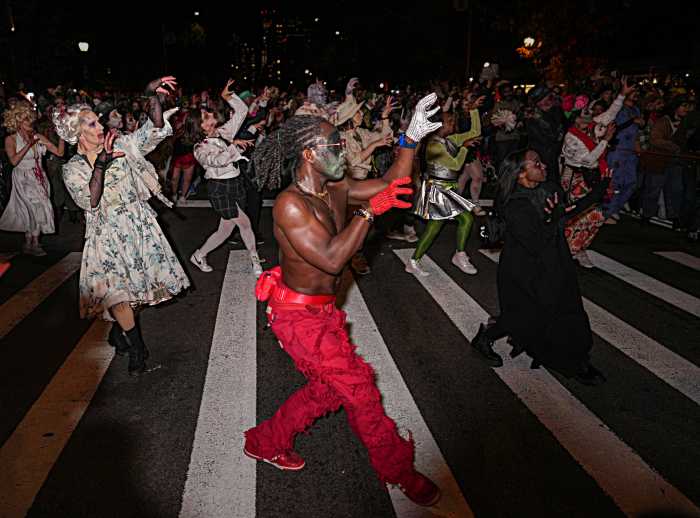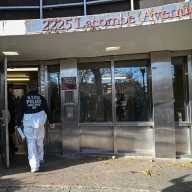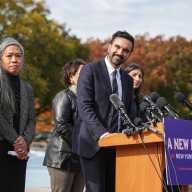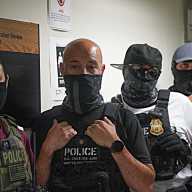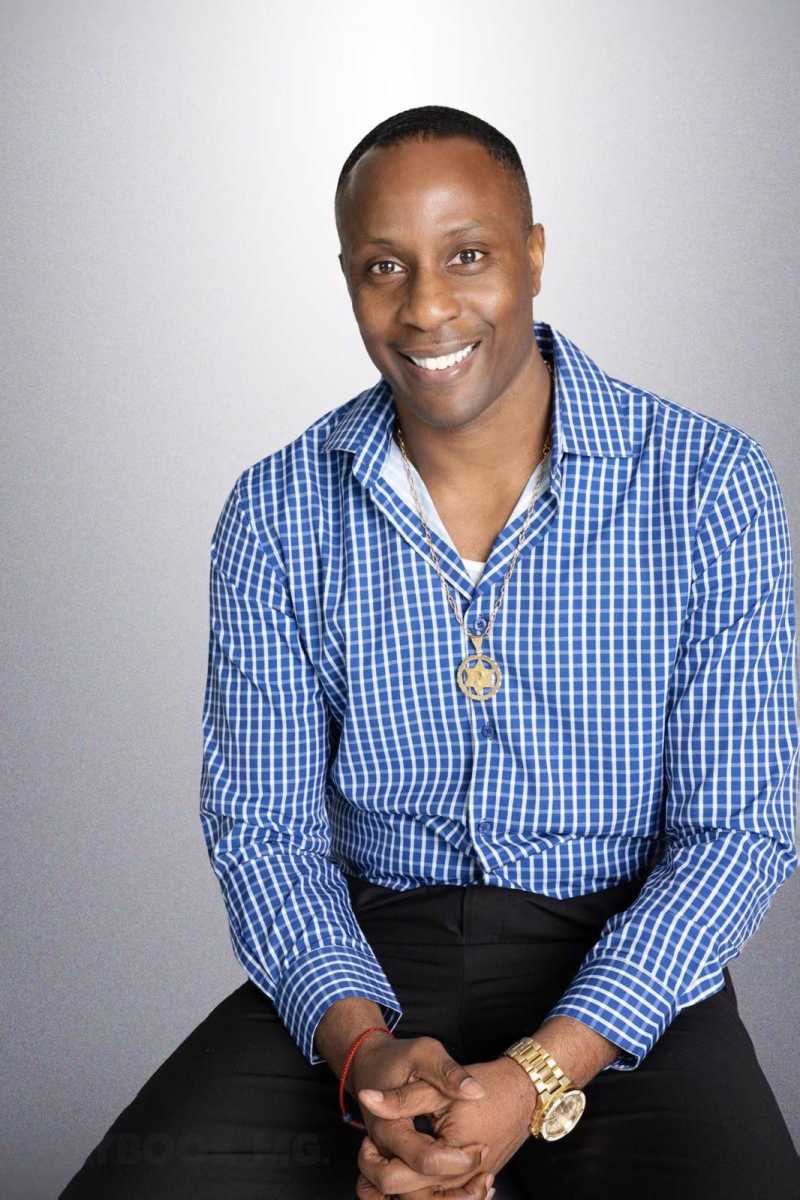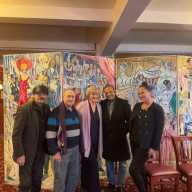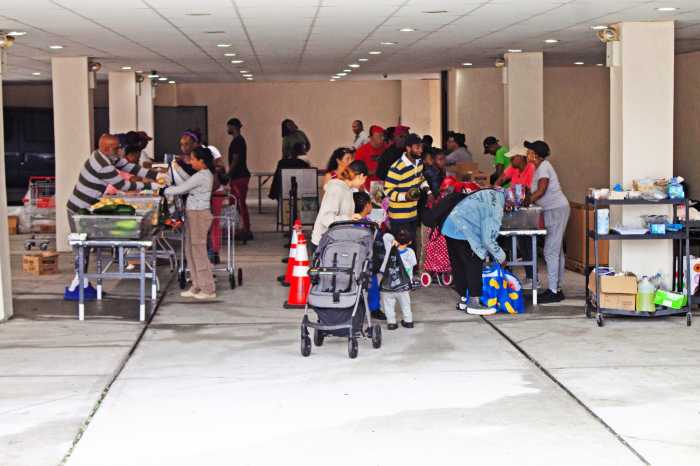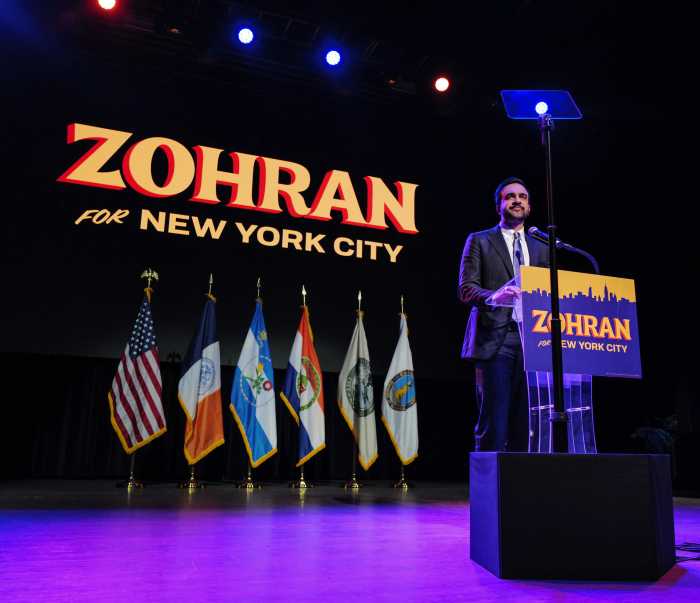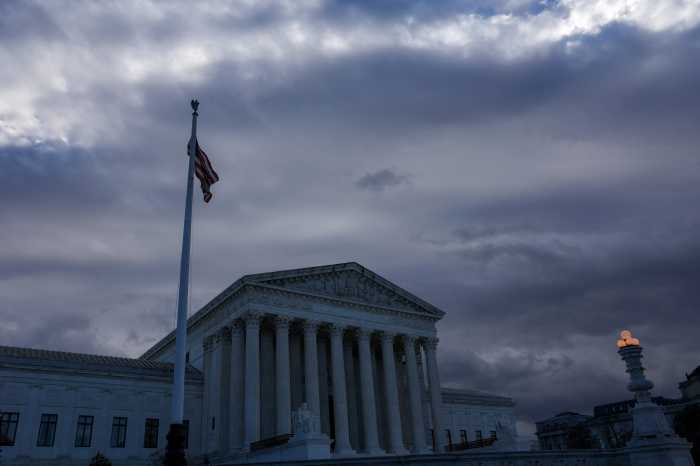By Muneeza Iqbal
I sat in front of the television doing my homework. It was around five in the evening and I was startled to hear my dad’s voice as he marched up the stairs, hours before he usually came home from work.
He ordered me to switch on CNN and I did so without question because I had never seen the man look so scared.
And there I saw the breaking news of the event that would haunt my childhood, change my world as I knew it, and start a 10-year hunt for a man that, little did I know then, would be found in a small military town in the country I grew up in.
The next day after school I accompanied my mother to the grocery store. She was stocking up on necessities, like the swarms of other tense shoppers in the store. The whispered word around town was that our president was going to “side with them,” the bearded enemy, and not with the Americans, who would then choose to attack us in such a scenario. And hence, people were hoarding groceries, expecting the worst.
And although nothing drastic enough to cause rationing happened, a month later the first American troops marched onto Afghani soil. Our schools were shut down for “an indefinite time period.” I thought nothing unusual of this; schools were often closed due to sudden riots or strikes.
However, there was something different about the unexpected holiday this time. Air Force planes flew over our house several times a day.
American franchises, dubbed the devil’s brainwashing mechanism, were targeted by bombers and would continue to be so for the next couple of years. There was nothing welcoming about Ronald McDonald anymore. People ignored their Big Mac cravings and drove past his smiling figure as fast as possible.
It was only years later as I sat eating dinner with my American college friends in New York City that I learned there was nothing normal about schools being closed “indefinitely” because of a war not even being fought on one’s own territory. We had lost about two consecutive weeks of school, along with several other days throughout that year.
In my mind I had always assumed that my American counterparts probably got a few days off as well. They hadn’t — life went on as usual for them.
My father had lost sleep for days after the two Towers fell because the business he had built exporting to America could collapse if our president chose the wrong allies. But he didn’t, and my family didn’t starve — however, many others would. Less than 3,000 people died that fateful day, but that is close to the number of innocent people that fall victim to terrorism in any given month in Pakistan up till today.
I can’t pinpoint the day I realized that the Taliban had poured into my country and become a local nightmare. At first we just heard about the isolated battles in the remote northern regions of the country. Then entire villages were evacuated. And then bombs went off in the major cities of Islamabad and Lahore. Karachi, my hometown, remained surprisingly safe.
But then some of Karachi’s well-known co-ed schools had bomb scares. Hordes of children, as young as 4, were evacuated. Fortunately, they remained just scares. My own school received several threats from people claiming to be associated with the Taliban. The school eventually put barbed wire all around its walls, installed metal detectors at all the entrances, and even went as far as to place a sniper on the roof.
By then I had moved to New York. I would often hear about family friends being kidnapped for large sums of money and bomb blasts in areas that I was only too familiar with. Being so far away, I felt terrified for my loved ones back home.
I remember stepping out of an exam once and going on Facebook to announce to the world my sense of relief. But through status updates of friends from back home I learned that there had been a bomb blast, about four miles from where my family lived. My heart stopped.
When I called my dad, he told me that the entire house had rattled. But he joked about it. Because for those back home, bomb blasts are a frequent occurrence, more frequent than rain, and hence even rain can cause more disruption to daily life than a bomb going off. People just carry on with their lives, simply praying every morning that it won’t be their last. It was only when I stepped out of that bubble did I realize how wrong it was to have to live this way.
As finals rolled around this year, I found myself procrastinating one day on Twitter. Several updates informed me that Obama was going to break some important news that night. Very soon, the Web was filled with speculations as to what it could be.
“Osama bin Landen is dead!” announced foxnews.com stealing the breaking news from the president. Sitting between friends who had grown up in this country, and for whom this was an extremely proud moment to be an American, I too got swept up in the emotions. We high-fived and hugged. It was the first war victory our generation was experiencing.
Not for a minute did I pause and think, between grabbing my coat and camera and heading toward Ground Zero, what this really meant for the country I grew up in, one that had been affected very differently than the U.S. by this slain man.
For Pakistan, nothing would change. Hundreds more fell victim to terrorism within the country the week the man whose image accompanied the very term “terrorism” was eradicated. If anything, Pakistan’s situation became worse as the U.S. considered cutting aid and the Taliban fought back the Pakistani soldiers even more fiercely than before.
Most Pakistanis refused to even believe that bin Laden was found and killed in that compound. They had seen pictures of Saddam Hussein’s hanging dead body, so why couldn’t bin Laden’s corpse have some visual proof? The word of the U.S. president was not satiating enough; they wanted evidence.
Thinking about it rationally, bin Laden’s hideout was not very different from my own childhood home, or any other average Pakistan house. His boundary walls were 18 feet high; my own are 11 feet. Barbed wire skirted the walls of both his home and mine, as they do on many other homes to prevent thieves from breaking in. There is nothing unusual about having a large plot of land. Property is fairly cheap in Pakistan and many middle-class families have large houses and gardens, often inherited from their parents and grandparents.
There is no proper garbage disposal method in most of the country. So, people either dump their trash on empty ground in the neighborhood, or burn it, like those living in bin Laden’s compound did.
Some news agency interviewed neighborhood children who complained that when their cricket balls landed in that house, the family wouldn’t return them. My grandfather has a large collection of such cricket balls because he hates it when the neighborhood kids ring his doorbell several times a day wanting to search his grounds for their lost balls.
But as I stood among the crowd at Ground Zero that night, I too got carried away with the mob. I had gone there with the intention of observing how people would react, but was moved into chanting with them. I realized later that the entire crowd had consisted of college students looking for an excuse to drink and celebrate, without realizing that their debased reaction would be aired to the world and be severely condemned.
I don’t regret being there that night, but I do regret joining in the “celebrations.” There was nothing really to celebrate there, because the alleged death of one man will not end terrorism. Rather, it amplifies it in the form of backlash. Things continued to worsen for Pakistan. If we continue to avenge death with death, the world will not be a safer place.
Iqbal is an undergraduate at New York University. She interned with The Villager this summer.



